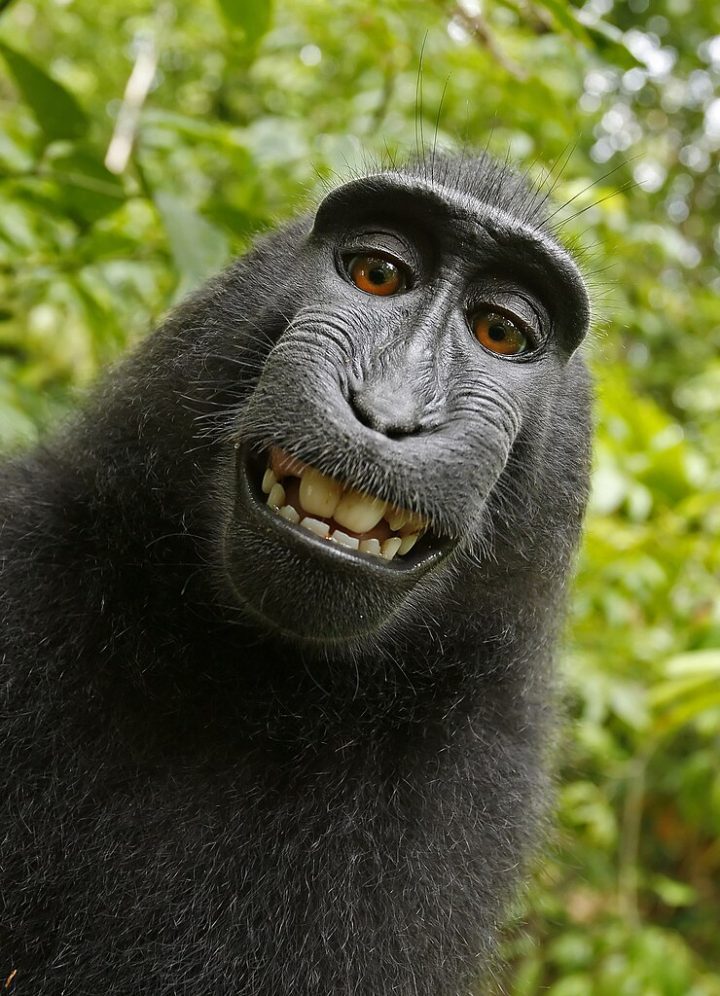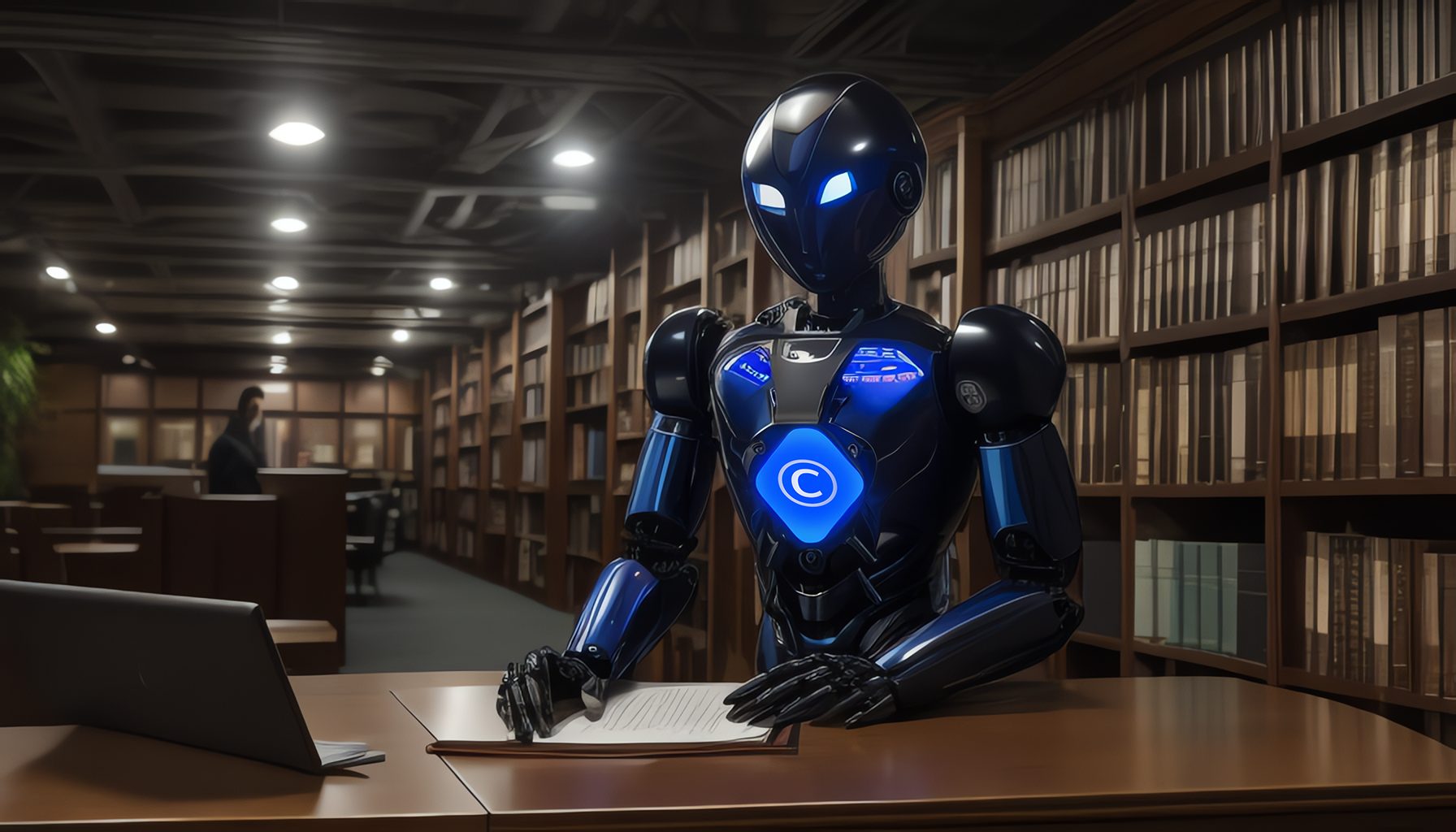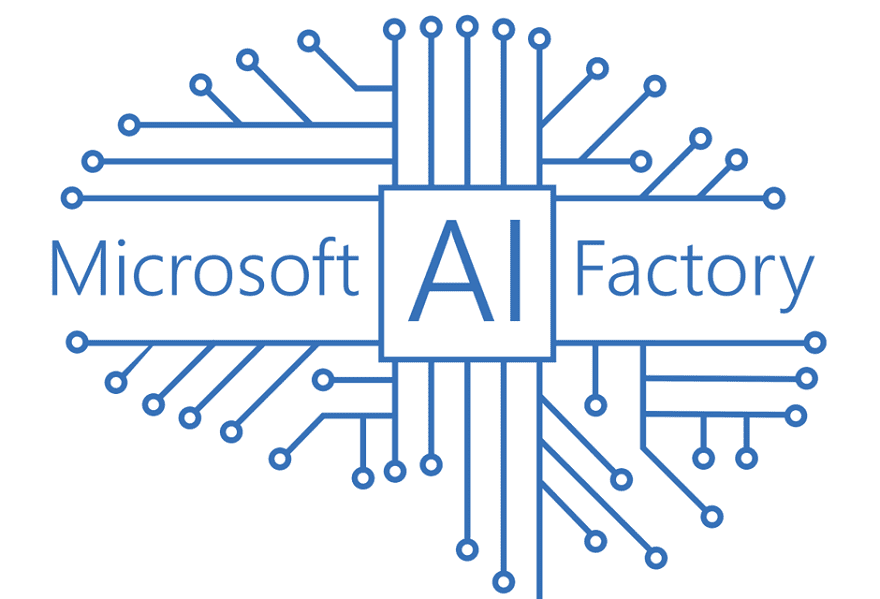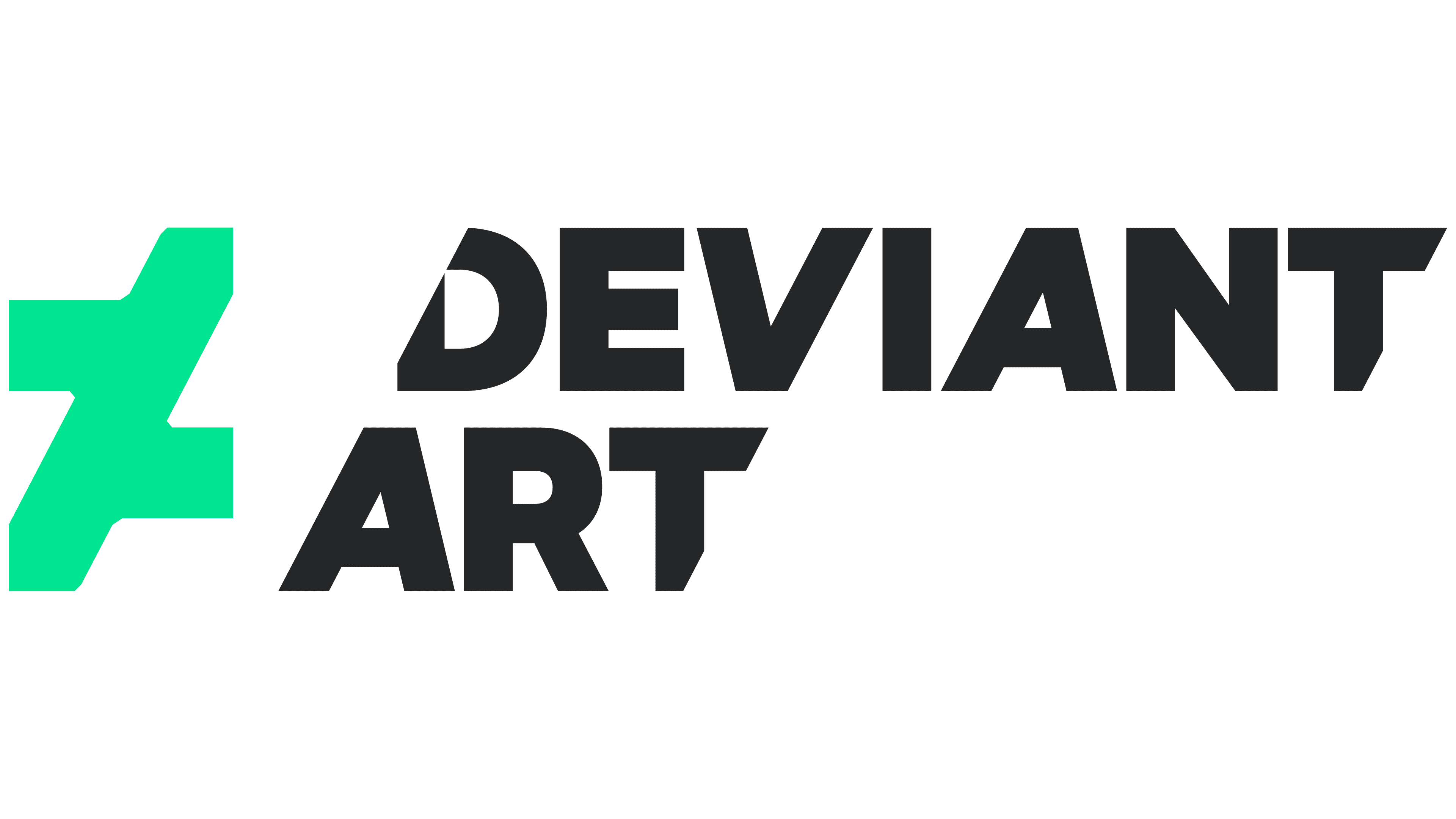Understanding Intellectual Property in the AI Era
|
Click play to LISTEN to the article below
|
In an era where artificial intelligence (AI) shapes industries and drives innovation, intellectual property (IP) policies are at the forefront of national security, economic growth, and technological leadership. The recent lawsuits involving authors and digital artists suing tech developers over generative AI technology highlight the complexities and challenges in this field.
National Security Commission on Artificial Intelligence
Executives and academic leaders of the National Security Commission on Artificial Intelligence (NSCAI) have conveyed an uncomfortable message: America is not prepared for the challenges of the AI era. A comprehensive, whole-of-nation strategy is required.
Their final report from 2021 calls for the creation of a Technology Competitiveness Council to build a strategy that accounts for the complex security, economic, and scientific challenges of AI and its associated technologies. It emphasizes the need to maintain the United States’ advantage in AI and presents an integrated national strategy to reorganize the government, reorient the nation, and collaborate with allies.
The recommendations include promoting AI innovation to improve national competitiveness and protect critical U.S. advantages. They are designed as interlocking and mutually reinforcing actions, including organizational and policy reforms to bolster resilience against foreign influence and interference, cyberattacks, and disinformation campaigns.
The Need for Comprehensive IP Policies
The report emphasizes the urgent need to implement comprehensive intellectual property (IP) policies and regimes. The current lack of comprehensive IP policies for the AI era, coupled with legal uncertainties in U.S. patent eligibility, necessitates a robust plan for IP reform.
Details on Relevant Lawsuits
Protection of Data Associated with AI
The lawsuits raise concerns about using unauthorized copies of copyrighted works to train AI models, sparking debates over fair use and infringement. Public views on AI and IP policy have emphasized the need to safeguard this data, reflecting growing concerns about data security and ownership in the technology sector.
The evolving landscape of AI technologies brings unique challenges and opportunities to the field of intellectual property. The United States, along with other global leaders, must navigate complex legal and policy terrains to create robust and agile IP regimes that foster innovation, protect inventors, and maintain technological leadership. The recent lawsuits involving authors and digital artists, as well as the Authors Guild’s push for legislative solutions, serve as tangible examples of these complexities.
What Can Be Copyrighted in the Age of AI?
U.S. Ruling on AI-Created Art
In a significant ruling that could have implications for Hollywood studios and other content creators, a federal judge upheld a finding from the U.S. Copyright Office that a piece of art created by AI is not open to protection. The ruling was delivered in response to a challenge by Stephen Thaler, chief executive of neural network firm Imagination Engines.
Details of the Case
- Date: The ruling was delivered on a Friday, August 18, 2023.
- Litigants: Stephen Thaler vs. the U.S. Copyright Office.
- AI System Involved: Thaler listed an AI system, the Creativity Machine, as the sole creator of an artwork called “A Recent Entrance to Paradise.”
- Ruling: U.S. District Judge Beryl Howell found that copyright law has “never stretched so far” to “protect works generated by new forms of technology operating absent any guiding human hand.” The judge stressed that “Human authorship is a bedrock requirement.”
- Background: Thaler argued that AI should be acknowledged “as an author where it otherwise meets authorship criteria,” with ownership vesting in the machine’s owner. The Copyright Office denied the application, emphasizing that “the nexus between the human mind and creative expression” is crucial for protection.
Implications and Related Cases

- Monkey Selfie Case: In a related case, a federal appeals court ruled that a photo captured by a monkey can’t be granted a copyright since animals don’t qualify for protection.
- AI Companies and Copyrighted Works: The ruling comes as courts weigh the legality of AI companies training their systems on copyrighted works. Artists have filed suits alleging copyright infringement against AI firms.
- U.S. Copyright Office Position: In March, the copyright office affirmed that most works generated by AI aren’t copyrightable but clarified that AI-assisted materials qualify for protection in certain instances if a human “selected or arranged” it in a creative way.
Thought-Provoking Questions and Insights
- Human Authorship Requirement: How will the emphasis on human authorship in copyright law impact the future development and utilization of AI in creative industries?
- Legal Precedents for AI: What legal precedents are being set, and how might they shape the legal landscape for AI-generated content?
- Ethical Considerations: What ethical considerations arise from the legal recognition (or lack thereof) of AI-generated content, especially in terms of ownership, creativity, and innovation?
This ruling and the broader legal context highlight the complex interplay between AI, creativity, and intellectual property law. The insistence on human authorship as a requirement for copyright protection raises important questions about the nature of creativity, the role of technology, and the evolving landscape of legal rights and protections in the digital age.
- ← How Our-Hometown Helps Publishers Prevent Website Scraping for AI Training Models
- Protecting Your Content in the Age of AI →








Recent Comments